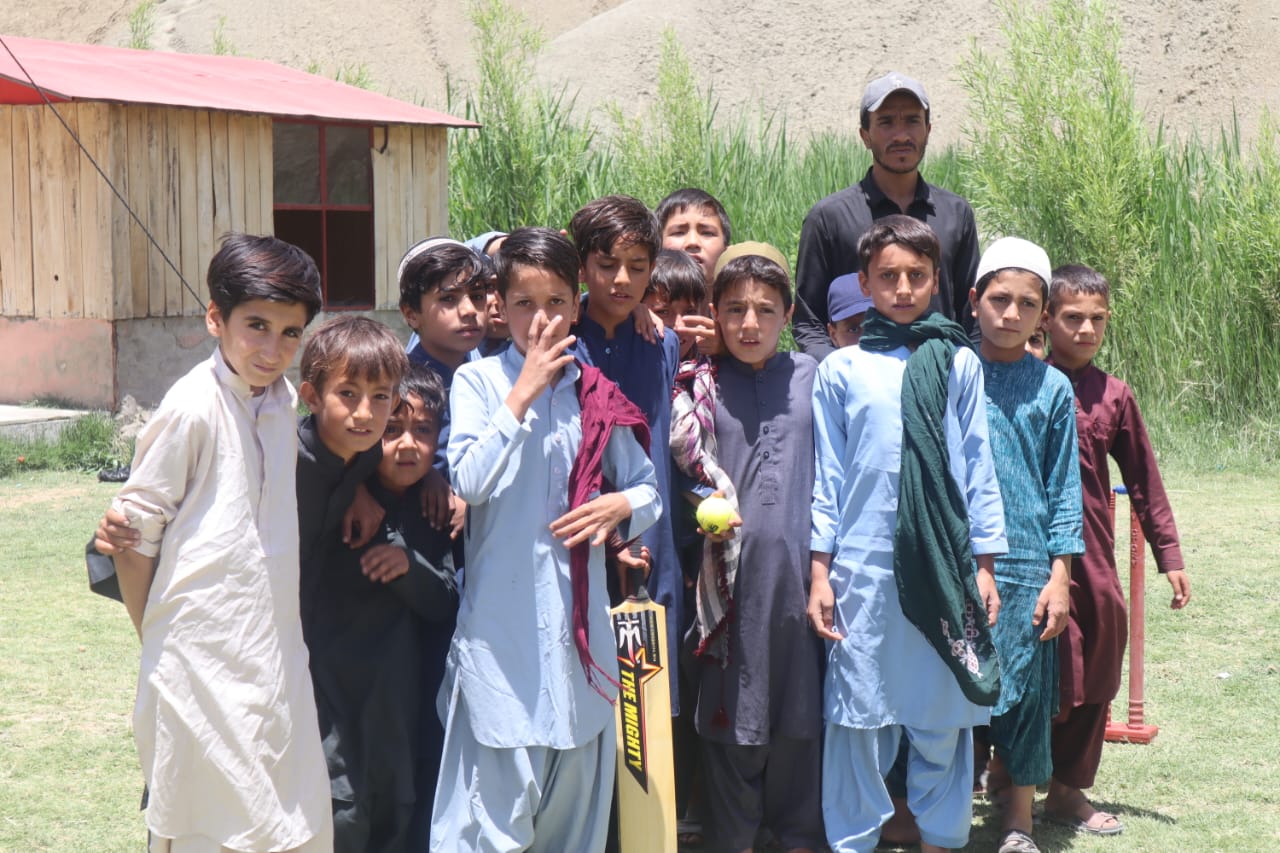
Stranded in Limbo
Quetta, Pakistan — Thousands of Afghan refugees have sought sanctuary in Quetta, fleeing war, persecution, and instability in their homeland. However, their hope for safety and a better life is often overshadowed by the harsh realities of life as a refugee in Pakistan. Without proper documentation and legal recognition, these refugees are forced to live on the fringes of society, vulnerable to exploitation and lacking basic rights.
In the bustling Barech Market, where the sound of hammers striking metal and the aroma of fresh produce fills the air, 40-year-old Ahmad Khan toils away as a laborer. His hands, rough and calloused from years of hard work, reveal the toll that life has taken on him. But Ahmad’s story is not just one of physical labor; it is a story of despair and entrapment.
“We are not here by choice,” says Ahmad, his voice tinged with exhaustion and frustration. “We had to leave our country, our home, our properties to save our lives. But now I cannot even go back. I am stuck in between. My country will not accept me, and neither will Pakistan. What is my fault in all this? Where do I go? What did I do wrong?”
Ahmad’s plight is shared by many Afghan refugees in Quetta, who have become an integral part of the local economy, bringing with them skills and labor that are highly valued. However, without a formal refugee policy in place, these individuals are often seen as illegal immigrants, vulnerable to arrest, detention, and deportation. The absence of legal status means they cannot access healthcare, education, or other essential services, leaving them trapped in a cycle of poverty and insecurity.
Ali Jan, another Afghan refugee, has lived in Quetta for over two decades. He arrived as a young boy with his family, escaping the horrors of war in Afghanistan. Now a skilled carpenter, Ali has established a small workshop in the city, where he crafts furniture for local residents. Despite his contributions to the community, Ali remains an undocumented refugee, constantly fearing for his future.
“Every day, I worry about being caught and deported,” says Ali. “I have lived here for most of my life. My children were born here, they go to school here. But we are still treated as outsiders, as if we don’t belong. I just want a chance to live with dignity, to provide for my family without fear.”
The lack of a comprehensive refugee policy in Pakistan exacerbates the struggles faced by Afghan refugees. Without official recognition, they are unable to work legally, forcing many into low-paying, exploitative jobs. Employers often take advantage of their precarious status, paying them less than Pakistani workers and subjecting them to harsh working conditions.
According to the Human Rights Commission of Pakistan (HRCP), the situation for Afghan refugees is particularly dire in Quetta, where many live in overcrowded and unsanitary conditions. HRCP has long advocated for better treatment and legal recognition of Afghan refugees, highlighting the systemic challenges they face, including limited access to education and healthcare.
An official from HRCP, who requested anonymity due to the sensitivity of the issue, stated, “The Afghan refugee crisis in Quetta is a humanitarian issue that requires urgent attention. These individuals are not just refugees; they are human beings with rights and dignity. Pakistan needs to develop a comprehensive refugee policy that provides legal protection and allows these people to live with dignity.”
In the absence of legal protection, Afghan refugees are also vulnerable to harassment and discrimination. Police raids on refugee settlements are common, with residents often facing demands for bribes or threats of deportation. The fear of being forcibly returned to Afghanistan, where their safety cannot be guaranteed, looms large over their daily lives.
Despite these challenges, the Afghan refugee community in Quetta continues to contribute to the city’s economy and culture. They have brought with them traditional crafts, culinary skills, and a strong work ethic, enriching the local community. However, without formal recognition and support, their potential remains largely untapped, and their future uncertain.
The plight of Afghan refugees in Quetta is a stark reminder of the need for a comprehensive and humane refugee policy in Pakistan. Such a policy would not only provide legal protection and access to basic services but also allow refugees to live with dignity and contribute fully to the society they now call home. Until then, individuals like Ahmad and Ali remain stranded in limbo, caught between the past they fled and a future they cannot fully embrace.